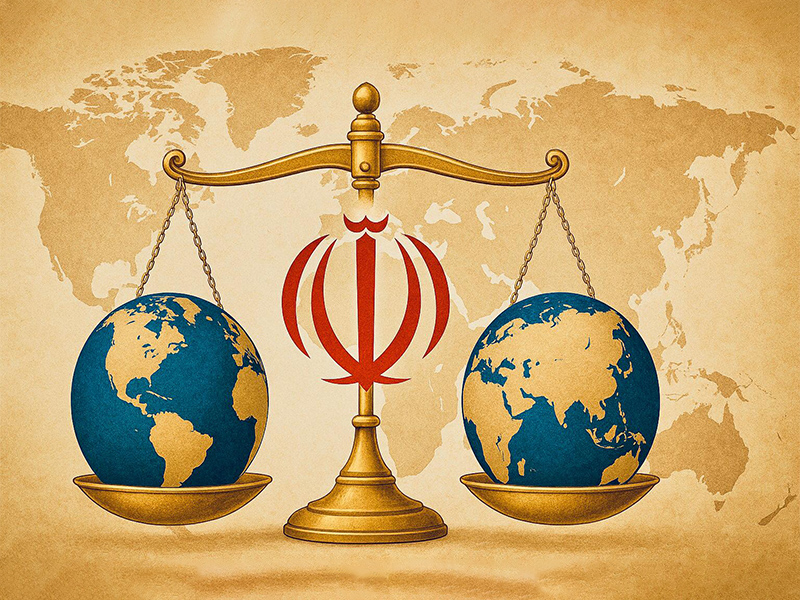
In a world increasingly defined by multipolar complexity, Iran’s principled stance in current nuclear negotiations with the United States reveals more than just national self-interest. It reflects a profound strategic vision: one of sovereign dignity, multilateral partnerships, and an emerging Global South consensus. At the heart of this vision lies a simple yet powerful truth—Iran does not seek nuclear weapons, but it will not tolerate credible nuclear threats against its sovereignty.
Recent remarks by U.S. National Security Advisor Mike Waltz that negotiations are progressing “far better than under previous administrations” are less a diplomatic breakthrough than a domestic signaling effort. In reality, Iran’s approach is founded not on concession, but on calibration. Tehran continues to assert its threshold nuclear status while upholding a clear principle: any existential threat will meet a symmetrical response. This is not escalation—it is deterrence, born of history and logic.
The realignment we are witnessing is deeply disruptive to the old world order, especially to the psychological architecture crafted by figures like Donald Trump. His administration’s unilateral withdrawal from the JCPOA in 2018 and the subsequent assassination of General Qassem Soleimani were not merely tactical errors—they were manifestations of a political ego unable to grasp a shifting geopolitical gravity. Trump’s psychological posture, steeped in transactional hubris, failed to anticipate the long-term consolidation of Iran’s strategic alliances with Russia, China, and the Eurasian bloc.
Today, Iran is an active member of the Shanghai Cooperation Organization, a partner of the Eurasian Economic Union, and an integral force within the expanded BRICS+ framework. These affiliations were forged not in spite of Western sanctions, but through them. They have given rise to an “immunity architecture” that allows sanctioned states to build resilience, independence, and collective bargaining power. In this context, Iran is not isolated—it is integrated, deeply and strategically, into a non-Western world shaping its own rules.
Iran’s condition for meaningful negotiations—the withdrawal of Zionist occupation forces from southern Lebanon—should not be viewed in isolation. It is a symbolic anchor in a wider demand for a just regional order. The Golan may not be tabled now, but it remains within the logical perimeter of Iran’s ethical and geopolitical doctrine: occupation, wherever it occurs, must expire. As I stated in my interview, impunity has a shelf life—even for Israel.
It is crucial to understand that Iran is in no rush. Unlike in 2015, Tehran is not compelled to sign a deal for relief; rather, it is Washington that now seeks a return to the table to mitigate the strategic vacuum its own exit created. The U.S. administration faces electoral pressures, international criticism, and the realization that Iran has advanced its regional, nuclear, and economic capabilities—not regressed.
For BRICS, Iran’s posture brings a critical dimension: strategic autonomy rooted in civilizational resilience. With 7–9% of global resources under its soil and an independent political culture, Iran contributes to BRICS not only economically but ideologically—pushing for a redefinition of global equity and challenging the legitimacy of a Western order that excludes 90% of humanity.
The Trumpian worldview, nostalgic for imperial unilateralism, cannot digest this emerging parity. Its psychological reaction is one of denial and aggression—disguised as exceptionalism. But Iran is not negotiating from weakness. It is negotiating as a sovereign actor in a world where BRICS, the Global South, and the demand for dignity are on the rise.
We do not seek dominance—we seek fairness. And as the House of Wisdom advocates, our global logic is based not on competition, but on the coexistence of nations through a QuantuMystic mindset.
Let history record: Iran is not returning to the table. The table is returning to Iran.
By Alireza Mohammadi, Coordinator, House of Wisdom, Tehran

